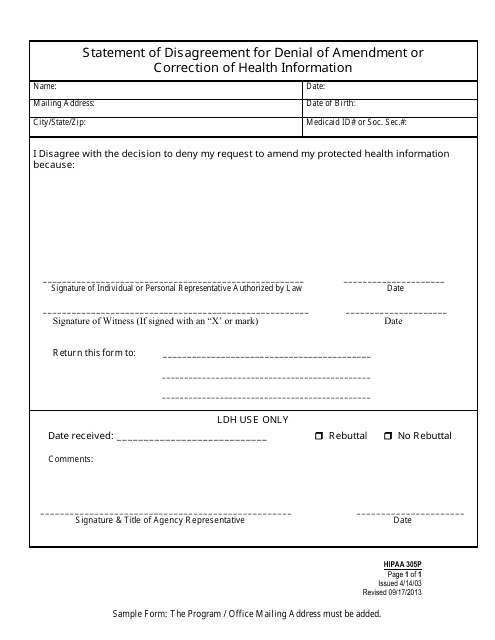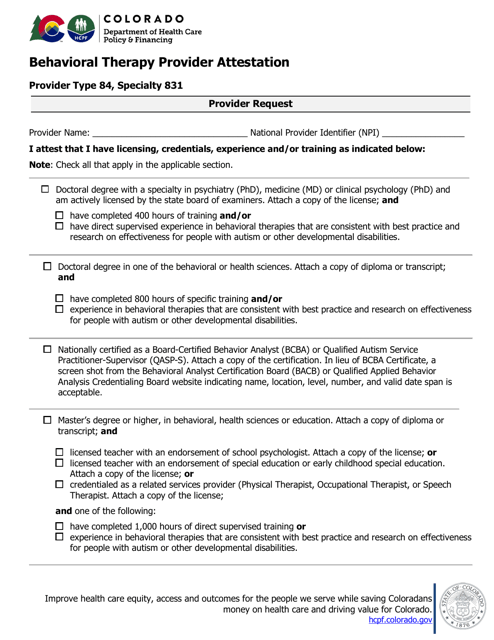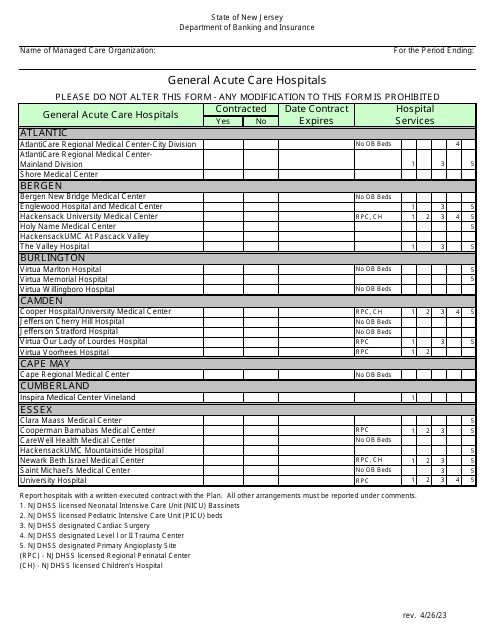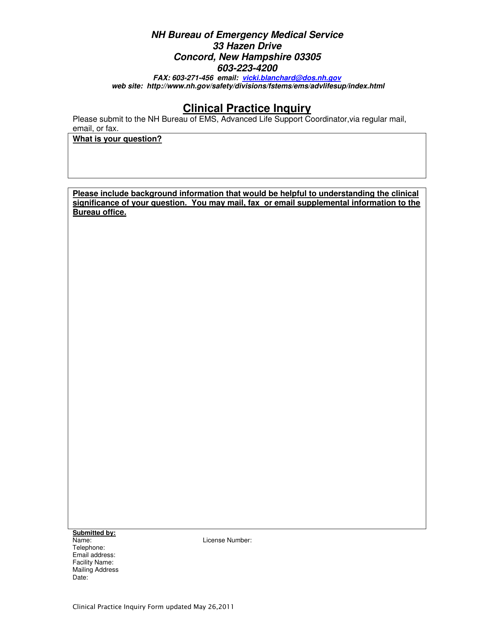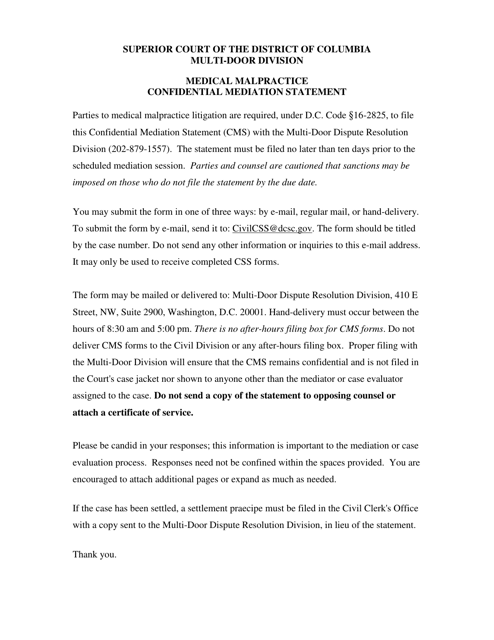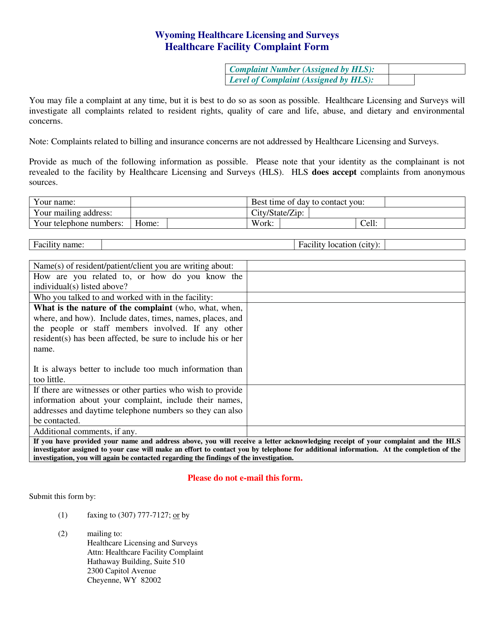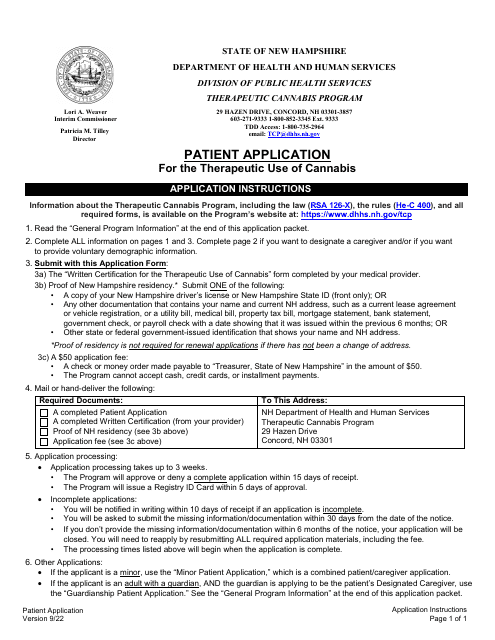Healthcare Law Templates
When it comes to maintaining the health and well-being of individuals, the laws and regulations that govern the healthcare industry are of utmost importance. These legal provisions, commonly known as healthcare laws or healthcare legislation, ensure that healthcare providers and facilities uphold the highest standards of care and protect the rights of patients across the United States and Canada.
Healthcare laws encompass a wide range of regulations and policies that address various aspects of the healthcare system. From privacy and data protection, as seen in the Form HIPPA305P Statement of Disagreement for Denial of Amendment or Correction of Health Information in Louisiana, to end-of-life decisions, exemplified by the Kentucky Living Will Packet in Kentucky, these laws strive to protect the rights and interests of individuals in their healthcare journeys.
Another facet of healthcare law addresses medical malpractice and the resolution of disputes. For instance, the Medical Malpractice Confidential Mediation Statement in Washington, D.C., provides a structured process for parties involved in a medical malpractice case to come to a fair resolution. This helps ensure that both patients and healthcare providers are protected in case of any unfortunate events.
In addition to protecting individual rights, healthcare laws also address the quality of healthcare facilities and services. One such example is the Healthcare Facility Complaint Form in Wyoming, which allows patients to voice their concerns and lodge complaints against healthcare facilities that may not be meeting the required standards. By providing an avenue for feedback and accountability, these laws play a crucial role in improving the overall quality of healthcare.
Moreover, healthcare laws also govern access to specialized treatments and therapeutic programs. The Patient Application for the Therapeutic Cannabis Program in New Hampshire, for instance, ensures that eligible patients have access to alternative treatment options in line with their medical needs.
Overall, healthcare laws are a vital framework that safeguards patient rights, ensures transparency, and maintains the integrity of healthcare practices. Whether it's protecting patients' confidential information, addressing medical malpractice, or providing avenues for complaint resolution, these laws play a pivotal role in creating a fair and equitable healthcare system. By upholding these laws, healthcare providers and facilities demonstrate their commitment to delivering quality care and creating a safe environment for patients.
Documents:
8
This form is used for reporting disagreement with the denial of a request to amend or correct health information under HIPAA regulations in the state of Louisiana.
Use this document, which is the patient's declaration - a written statement of what the patient expects to occur in the event of a serious accident or illness. It is primarily addressed for the medical personnel and focuses on the type of care the patient wishes to have in situations of terminal illness or incapacitation.
This document is a clinical practice inquiry specific to the state of New Hampshire. It likely contains information regarding healthcare practices, guidelines, or research relevant to medical professionals in the state.
This document is used for submitting a confidential mediation statement in a medical malpractice case in Washington, D.C. It contains information and arguments from both parties to aid in the mediation process.
This form is used for submitting complaints regarding healthcare facilities in Wyoming.
This document is for patients in New Hampshire who are applying for the Therapeutic Cannabis Program. It outlines the application process for obtaining medical cannabis.

